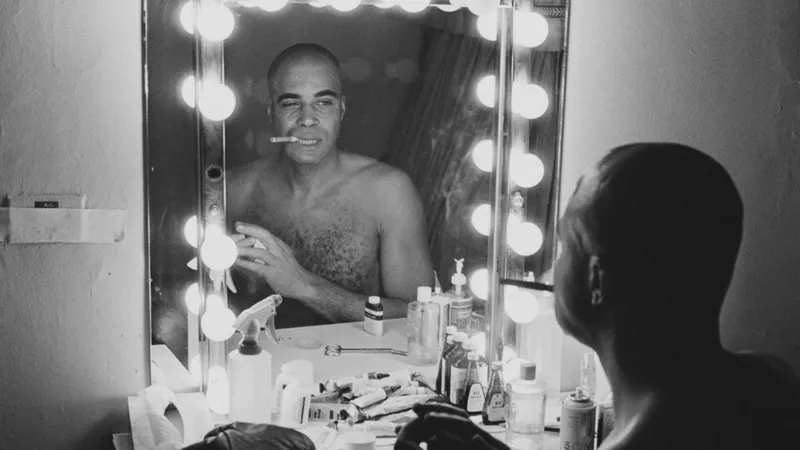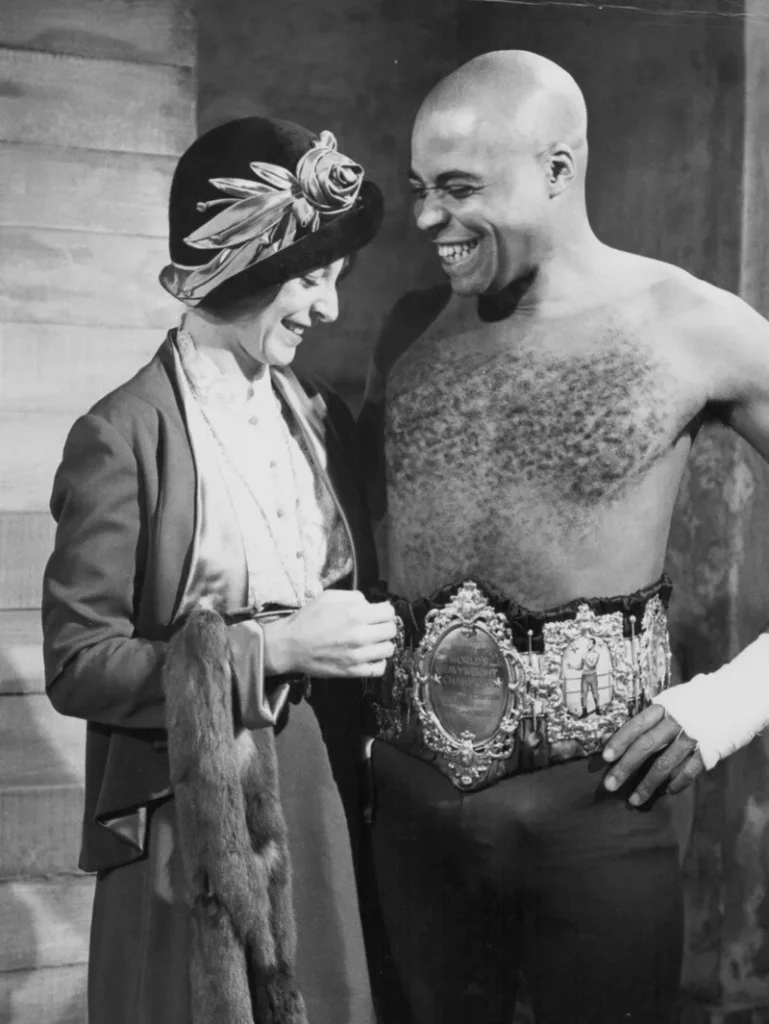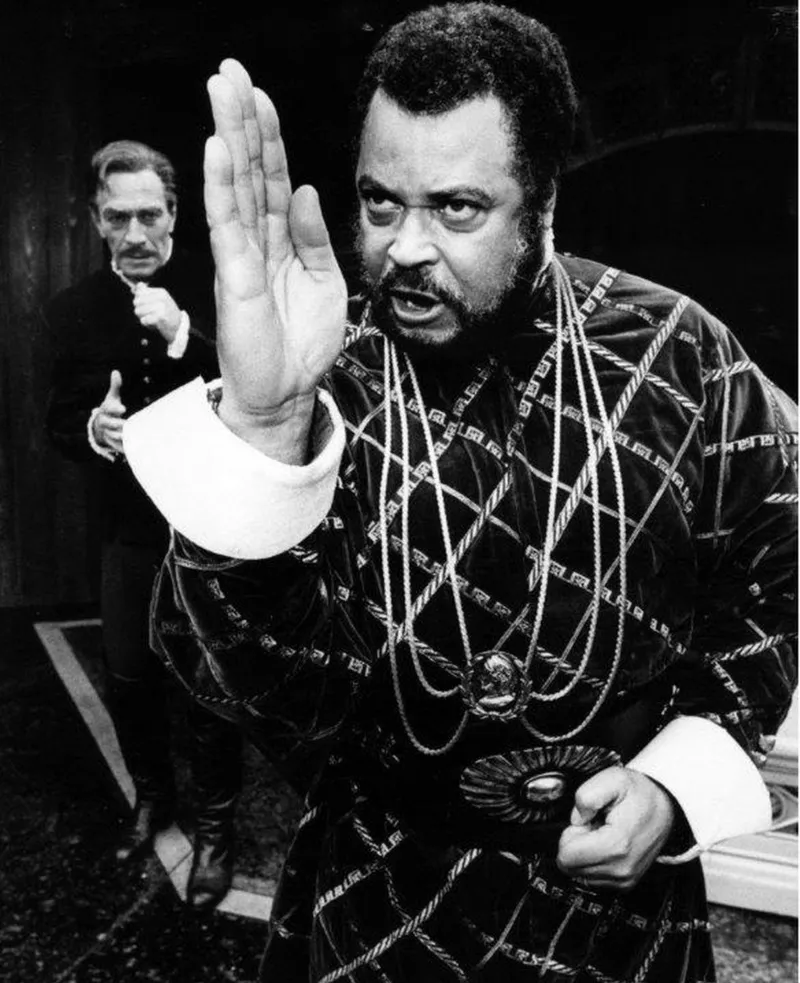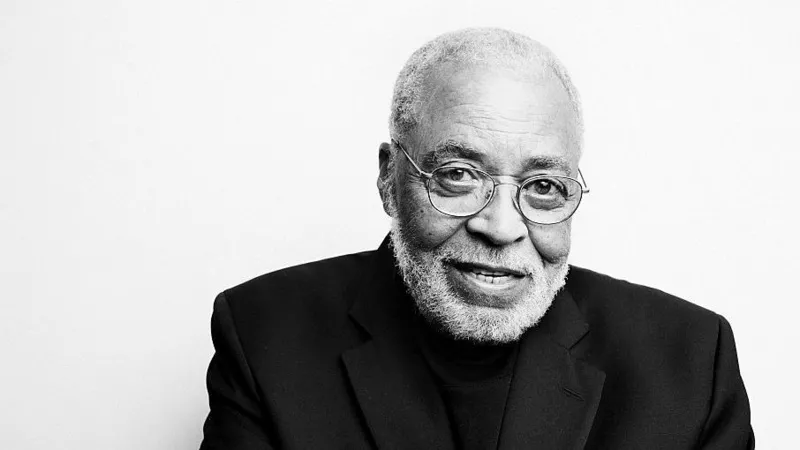James Earl Jones is a name that resonates deeply in the realms of film, television, and theater. Known for his unmatched voice, Jones has left an indelible mark on audiences around the world, with a career spanning nearly six decades. His journey from suffering from a severe stutter as a child to becoming one of the most iconic voices in the entertainment world is nothing short of remarkable.
Early Life and Triumph Over Adversity
Born on January 17, 1931, in Mississippi, James Earl Jones faced many challenges from a young age. His father, Robert Earl Jones, left the family shortly after James was born, leaving his mother to raise him alone. James grew up in a large household, but was sent to live with his grandmother in Memphis to ease the burden.

The separation was emotionally difficult for young Jones. He remembers clinging wildly to the car as he was being taken away from his mother, which was his only way of expressing his desire to be with her. This traumatic experience deeply affected him, leaving him with a severe stuttering problem that persisted until his teen years. At one point, his speech ability was so impaired that he was only able to communicate by writing.
Ironically, this stutter became a key factor in Jones’ future success. It led him to develop a deep appreciation for the power of speech and the art of storytelling. During high school, a sympathetic teacher noticed his talent for poetry and encouraged him to read his compositions out loud. Jones found that his stutter was less severe when he spoke from memory, which boosted his confidence and inspired him to participate in debate and public speaking competitions.
A Promising Career in Acting
Jones’ passion for the performing arts continued to grow during his time at the University of Michigan. After completing his military service, he moved to New York to pursue a career in acting. He lived with his father for a while, not in search of reconciliation but simply to save money on rent. Despite his father’s discouraging advice that acting was not a stable career, Jones pursued his dreams with determination.

His career began to take shape on Broadway, where he made a name for himself in productions such as Jean Genet’s The Blacks, a groundbreaking work that used black actors in white makeup to challenge colonial stereotypes. This period was marked by significant changes in New York theater, which began to embrace a more diverse range of voices and stories.
Jones’ impressive range was evident in his repertoire. He played roles in Shakespeare plays, including Othello, King Lear, and Claudius, as well as modern works such as Eugene O’Neill’s The Iceman Cometh, John Steinbeck’s Of Mice and Men, and an all-black production of Tennessee Williams’ Cat on a Hot Tin Roof. His portrayal of the character based on boxer Jack Johnson in The Great White Hope earned him a Tony Award in 1968 and an Oscar nomination for the film adaptation, making him only the second black actor to receive such an honor.
Iconic voice
James Earl Jones’ voice became his signature character. His deep, resonant voice is perhaps best known for bringing Darth Vader to life in the original Star Wars trilogy. Despite the physical portrayal of Darth Vader being handled by Dave Prowse, Jones’ voice provided the menacing presence that defined the character. Interestingly, Jones initially refused credit for his role, seeing it as just another special effect. However, the films’ tremendous success prompted him to reconsider his stance.
Jones’ distinctive voice also became a staple of television, most notably as the voice behind CNN’s tagline, “This is CNN.” His authority and gravitas became synonymous with the network’s branding. In addition to his work in news, Jones also lent his voice to numerous other projects, including commercials, documentaries and computer games. He famously voiced Mufasa in Disney’s The Lion King, a role that introduced his iconic voice to a new generation of fans.
An illustrious career beyond the screen
Jones’ talents extended beyond his notable voice work. He appeared in numerous films, including Dr. Strangelove, Conan the Barbarian, Coming to America, Field of Dreams, Patriot Games and Clear and Present Danger. Despite his success, Jones humbly described himself as a journeyman actor who took on roles for the love of acting rather than following a carefully planned career path.

He also made significant contributions to television, including playing the grown-up Alex Haley in Roots: The Next Generation and winning one of his two Emmy Awards for the lead role in Gabriel Fire. His voice made an impact in animated series such as The Simpsons, and his early appearances on Sesame Street left a lasting impression on children, who were captivated by his simple but powerful presence.
